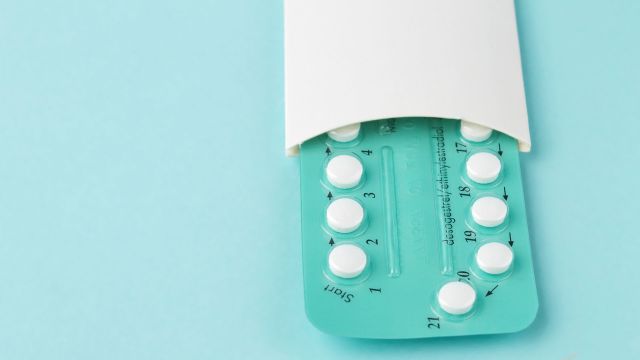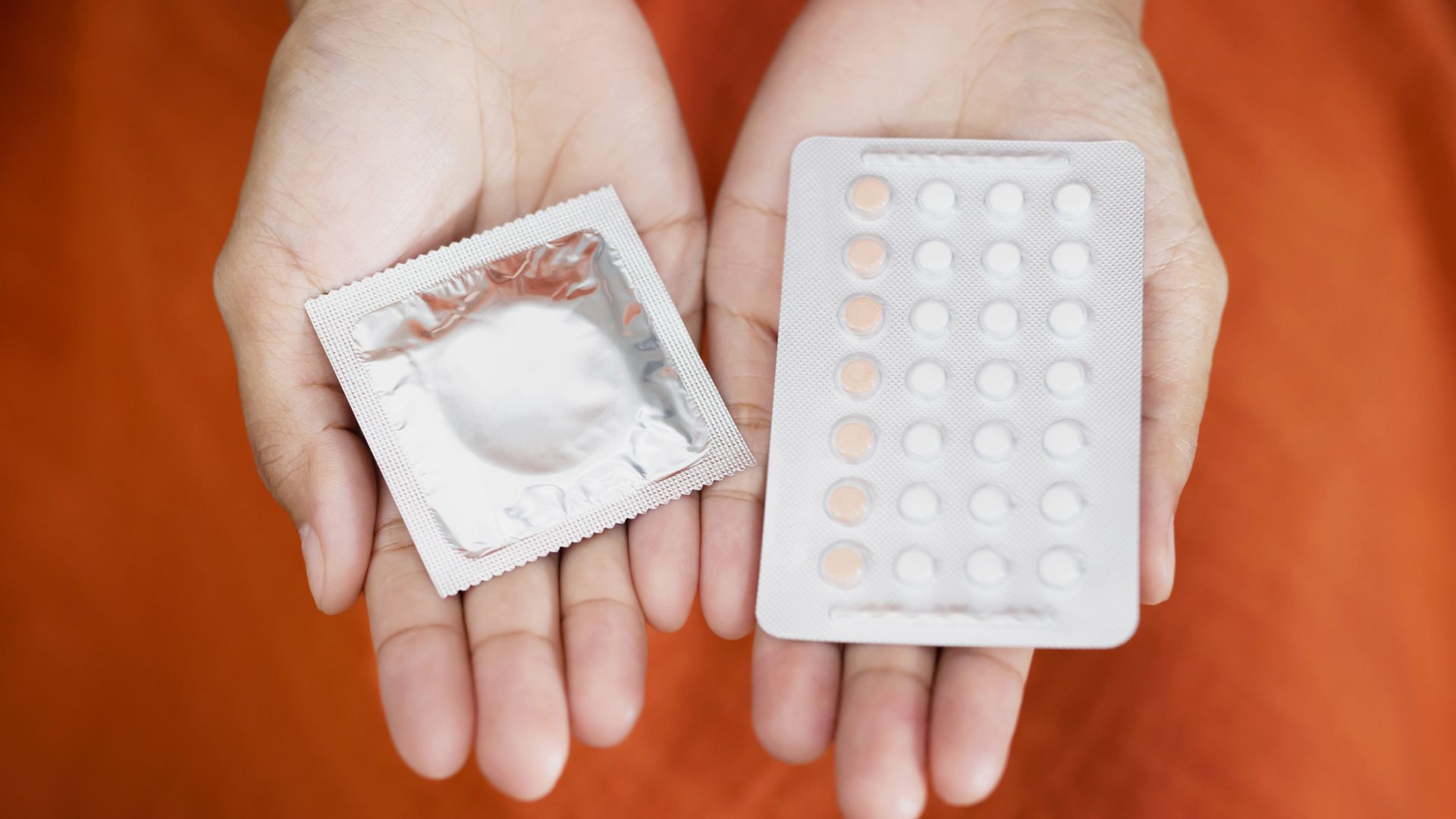Updated on March 12, 2024
When you use hormonal birth control, hormones are released into the body to help prevent pregnancy. The hormones may be delivered by way of a pill, a patch, a shot, or a ring that is placed in the vagina.
The best-known example of hormonal birth control is the birth control pill. The first contraceptive pill became available in 1960 and pills are the most commonly prescribed contraceptive in the United States.
But what hormones do these contraceptives contain? How exactly do they help prevent pregnancy? And how do you decide if you should use a hormonal or non-hormonal method (or both)?
Read on to learn more.
The hormones in hormonal contraceptives
Hormonal contraceptives contain lab-made versions of the hormone progesterone, called progestin. Some birth control methods contain a combination of progestin plus a lab-made version of the hormone estrogen. These hormones prevent pregnancy in three different ways:
- They stop the ovary from releasing an egg, which means there is no egg in the womb for sperm to fertilize.
- They thicken cervical mucus, which creates a sticky barrier that makes it difficult for sperm to reach an egg.
- They prevent the lining of the uterus from thickening. This makes it difficult for a fertilized egg to implant in the uterus. This is also the reason why people taking continuous hormonal birth control do not have menstrual periods but may experience withdrawal bleeding. (Both occur as a result of a drop in hormone levels.)
There is much more complexity in the way birth control works, depending on specific products. For example, birth control pills can be further categorized depending on how many active pills come in a pack. This can range from 21 to 84. The way birth control works can also vary based on whether the dosage of hormones in each pill is the same or whether it varies during the month.
Hormonal birth control and side effects
Hormonal birth control is generally safe for most people and—when used correctly—is very effective at preventing unplanned pregnancy. It’s also worth noting that hormonal contraceptives may be prescribed for other reasons aside from contraception. They may be used to help regulate an irregular menstrual cycle, or to help treat conditions like heavy and painful menstrual periods, menstrual migraine headaches, and endometriosis (a disease in which tissue similar to that of the lining of the uterus grows outside the uterus).
As with any medication, there is a risk of side effects. And hormonal birth control should not be used by people with a history of certain medical conditions. This may include people who have migraine headaches with aura (when you see flashing lights or zigzag patterns), liver disease, heart disease (including high blood pressure), blood clots, breast cancer, and certain other cancers.
If you're unsure about taking hormonal birth control or what hormonal birth control is best for you, talk to a healthcare provider. They'll be your best source of information and your best guide for what will work the best for you.






